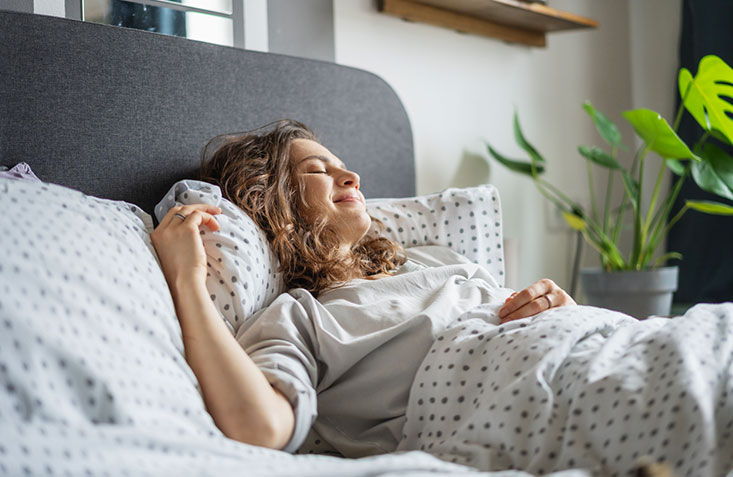Your surgeon must give clearance for you to be discharged from Ormiston Hospital. On the day of discharge, please be advised that discharge time is by 10am. If you are making flight or transport arrangements, please keep this in mind. If there is some reason why you are unable to leave by this time, please speak to your nurse – an additional fee for late discharges may be applied.
Before you leave Ormiston Hospital, please ensure you:
- Have arranged for someone to drive you home once discharged – this is especially important if you have had a general anaesthetic or sedation as you cannot drive for 24 hours
- Have someone who can be at home with you for at least the first 24 hours
- Have received your hospital discharge summary, including instructions about your care
- Understand your recovery plan and the steps you need to take to reduce the risk of post-operative complications
- Complete your prescriptions required for your recovery – we have a pharmacy on-site for this, or you can take these to your preferred pharmacy
- Understand and make any bookings required for follow up arrangements directly with your surgeon
- Have arranged for any prescribed rehabilitation or mobility aids (e.g. crutches
If you have any questions or concerns, please don’t hesitate to ask our nursing team or your surgeon.
After you leave the hospital
Call or visit your surgeon, GP or accident/emergency service immediately if you become unwell after you leave the hospital and/or develop any of the following signs or symptoms:
- Sudden shortness of breath
- Pain in your chest
- Coughing up blood-streaked mucus
- Raised temperature (fever) or chills
- Excessive bleeding or wound ooze
- Increased pain, redness or swelling in or around the wound
- Nausea or vomiting
- Pain in your pelvis
- Redness, pain, swelling or tenderness in your leg
- Any other signs, symptoms or issues that are of concern to you or your family/whānau.
If in doubt, or in the event of an emergency, we advise you call an ambulance immediately (111).

